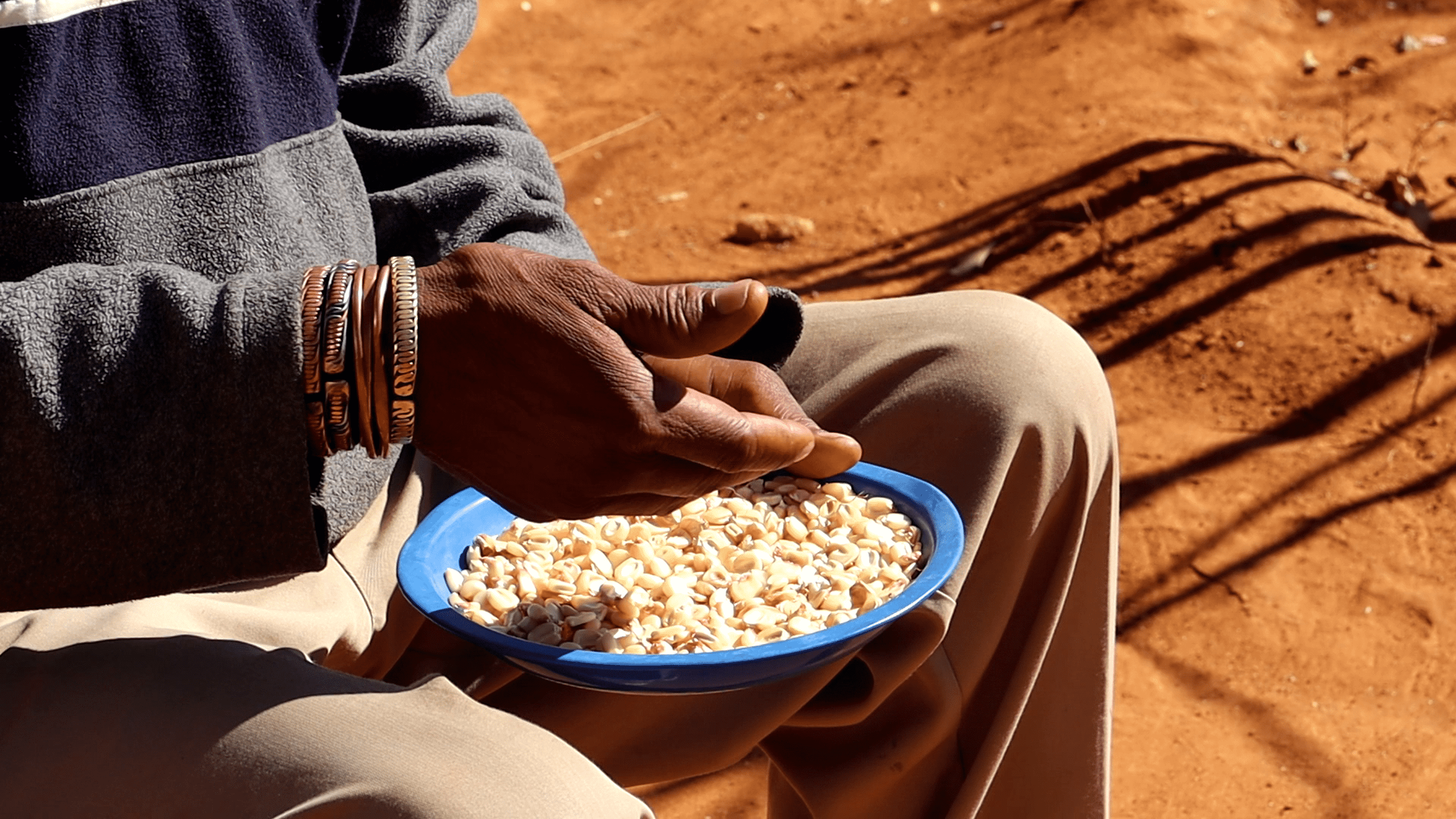The Shashe Agroecology School in Masvingo Province, Zimbabwe, empowers local peasant farmers through reclaimed land and ecological farming, addressing food sovereignty and security. Rooted in community efforts and part of La Via Campesina’s global network, the school promotes sustainable agriculture, horizontal learning, and reduced reliance on external food sources.
Shashe Agroecology School

The Shashe Agroecology School, situated in Masvingo Province, Zimbabwe, addresses the issue of food sovereignty and agroecology practices.
The School is dedicated to addressing several challenges related to agriculture and food security. The Shashe community, composed of peasant farmers, reclaimed land that was previously held by absentee cattle ranchers. The context is rooted in the Shashe community’s struggle for land rights. Previously, this land was held by absentee cattle ranchers, leaving local peasant farmers with limited access to land. Through the fast track land reform program and ecological farming methods, the community has reclaimed their land and now produces significantly more food.
Born out of the Zimbabwe land reform program, targeting a total agrarian reform, Shashe Agroecology School has a focus on producing food utilizing local resources. The school is part of La Via Campesina’s global network of over 40 Agroecology schools. It facilitates horizontal learning amongst smallholder farmers and disseminates knowledge about agroecological and sustainable peasant agriculture practices, through farmer-to-farmer extension thereby bridging the extension officer to farmer gap.
The Shashe Agroecology School possesses several characteristics and unique features that set it apart. These include:
- Community-Led Approach: The school is deeply rooted in the local community. It emerged from the collective efforts of peasant farmers who reclaimed land previously held by absentee cattle ranchers. This community-led approach ensures that the school’s practices are contextually relevant and responsive to the needs of the people.
- Focus on Food Sovereignty: It addresses food insecurity by empowering local farmers to produce their own food, reducing dependence on external sources and enhancing food security.
- Ecological Farming Methods: The school emphasizes ecological farming techniques. These methods prioritize soil health, biodiversity, and natural resource conservation. By avoiding chemical inputs and synthetic fertilizers, they promote long-term sustainability.
- Horizontal Learning: The school fosters a culture of knowledge exchange among farmers. Through horizontal learning, smallholder farmers share experiences, innovations, and best practices thereby strengthening the community’s capacity to adapt and thrive.
- Part of La Via Campesina Network: As part of La Via Campesina’s global network of Agroecology schools, Shashe Agroecology School benefits from international solidarity and expertise. It connects with other schools worldwide, amplifying its impact and contributing to a global movement for sustainable agriculture.
12 families who are part of the Shashe School of Agroecology have benefited, and over 500 families who indirectly benefit who come through to Shashe through buying produce, coming for lessons, etc., local, national and international level.
- Land: The school’s primary resource is the reclaimed land. The extent of land available determines the scale of agricultural activities.
- Knowledge Base: The school’s technical capacity relies on the expertise of community members, extension officers, and global networks.
- Water Sources: Access to reliable water sources (such as rivers, wells, or rainwater harvesting) is crucial for irrigation and livestock.
- Infrastructure: Existing infrastructure (buildings, storage facilities, etc.) impacts the school’s capacity.
- Tools and Equipment: Availability of farming tools and equipment (plows, hoes, etc.), affects productivity.
Scaling deep:
- We want to expand the training component of the Shashe Agroecology School. We are part of the La Via Campesina.
- Our vision is to grow into/ establish a community led University on Endogenous Development, with 5 faculties; Biocultural Diversity, Indigenous Agriculture (Agroecology) – agriculture that is conscious to our spirituality and cosmo vision, Local Technology Development, Culture and Cosmo Vision, Traditional Health Delivery Systems. This is a way to challenge systems that also perpetuate poverty and injustice.
Scaling up:
- National Strategy and Action Plan on Plant Genetics and Natural Resources that is working towards a policy to protect Plant Genetics and Natural Resources i.e. including the National Gene Bank.
- At advanced stages of the Agroecology Policy and Action Plan. There is ongoing work between civil society and the government. We expect the policy to be finalized soon.
- International Treaty for Plant Genetics Resources for Food and Agriculture.
- Convention on Biodiversity
- UN Declaration for Peasant Rights (UNDROP)
Scaling out:
- Need to have or influence the establishment of national granaries including of millets and other seed produce.
Currently, the school’s market can be defined as follows:
- Student market - Great Zimbabwe University for horticulture produce.
- Mashava growth point/ market.
- Providing services such as accommodation to delegates from Zimbabwe, Zambia, Malawi, through a partnership with Seed and Knowledge Initiative.
- We sell food, seed, and stock feed.
Besides what is currently happening, there is:
- Potential to emphasize much on farmer-to-farmer exchange learning than extension officer to farmer learning.
- There is potential to build and strengthen local economies. This was realized during the COVID-19 pandemic when the school relied on selling citrus fruits in the local market.
- There is potential for Ecotourism that can be realized as part of what we are doing.

